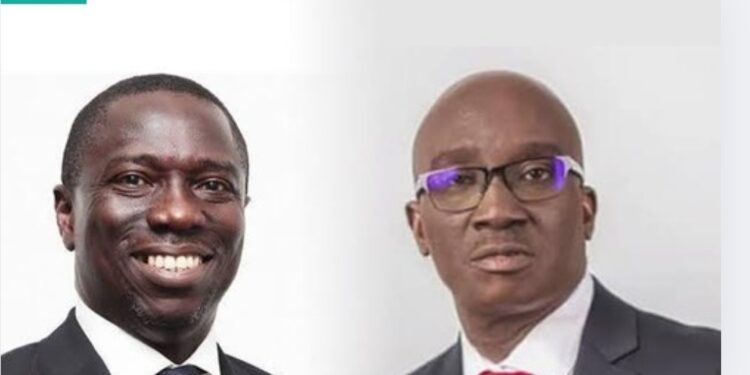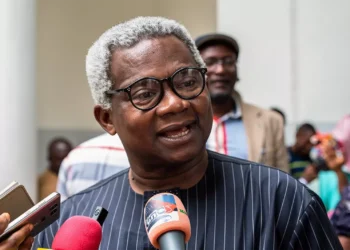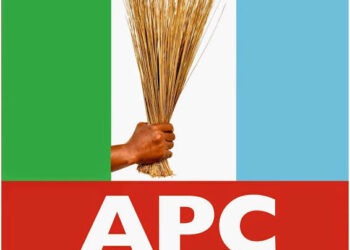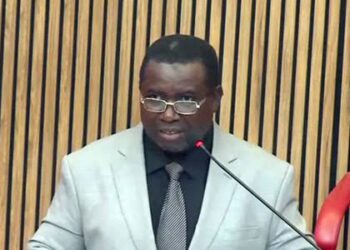The contentious Edo State governorship election dispute has now moved to the Court of Appeal after the tribunal delivered its ruling on April 2, 2025. The dispute initially erupted following the Independent National Electoral Commission’s (INEC) declaration of Senator Monday Okpebholo from the All Progressives Congress (APC) as the winner of the September 21, 2024 election.
Following this announcement, 17 political parties, including the Peoples Democratic Party (PDP), Accord Party (AC), and Allied Peoples Movement (APM), rejected the result and filed petitions at the Edo State Governorship Election Petition Tribunal.
Several parties, however, withdrew their petitions midway through the proceedings. The first to pull out were the Social Democratic Party (SDP) and its candidate Aner Abdullai Aliu, who cited a lack of interest in continuing after national party leaders congratulated Okpebholo. Subsequently, the APM, ADP, and ZLP also withdrew their cases, leaving the PDP, AA, and AC to press on with their petitions. These petitions centered around claims of electoral fraud, non-compliance with the Electoral Act, and the exclusion of legitimate candidates from the race.
The three-member tribunal, which began its sittings in December 2024, faced challenges with security and logistical issues due to supporter violence, prompting a relocation of the tribunal’s hearings to Abuja in early 2025.
During the proceedings, the petitioners presented arguments claiming irregularities, over-voting, and manipulation of results at various polling units, particularly in Edo’s 765 disputed areas. Despite these claims, the tribunal found the evidence provided by the petitioners insufficient.
You may also like: Edo Governor Dissolves Key State Commissions
After considering the petitions, the tribunal dismissed the cases on April 2, 2025. Justice Yusuf ruled against the AA’s petition, stating that it failed to prove the allegations of non-compliance and corruption. Similarly, the AP’s petition was struck out for lacking credible evidence to support claims of electoral malpractice.
The PDP’s petition was also rejected, with the tribunal citing the petitioners’ failure to provide convincing proof of irregularities and widespread fraud in the election. Justice Kpochi, who delivered the PDP judgment, criticized the petitioners for not calling relevant witnesses or submitting adequate evidence to substantiate their claims.
Despite the tribunal’s verdict, PDP candidate Asue Ighodalo, through his legal team, vowed to continue fighting the decision. Ighodalo expressed disappointment with the ruling but reaffirmed his commitment to justice and democracy, promising to take the case to the Court of Appeal.
He argued that the tribunal’s judgment ignored critical evidence of electoral malpractice and accused the tribunal of prioritizing technicalities over the will of the people. The PDP’s Edo State Chairman, Tony Aziegbemi, echoed these sentiments, calling the judgment a “miscarriage of justice” and criticizing the tribunal for turning a blind eye to evidence.
On the other hand, Okpebholo celebrated the tribunal’s ruling, claiming it confirmed the overwhelming support he received from the citizens of Edo State during the election.
He called for unity and cooperation in the state, urging all parties, including his opposition, to work together for the betterment of the state’s future. Despite the ongoing legal challenges, Okpebholo remains focused on his promises of good governance and inclusive development.





































